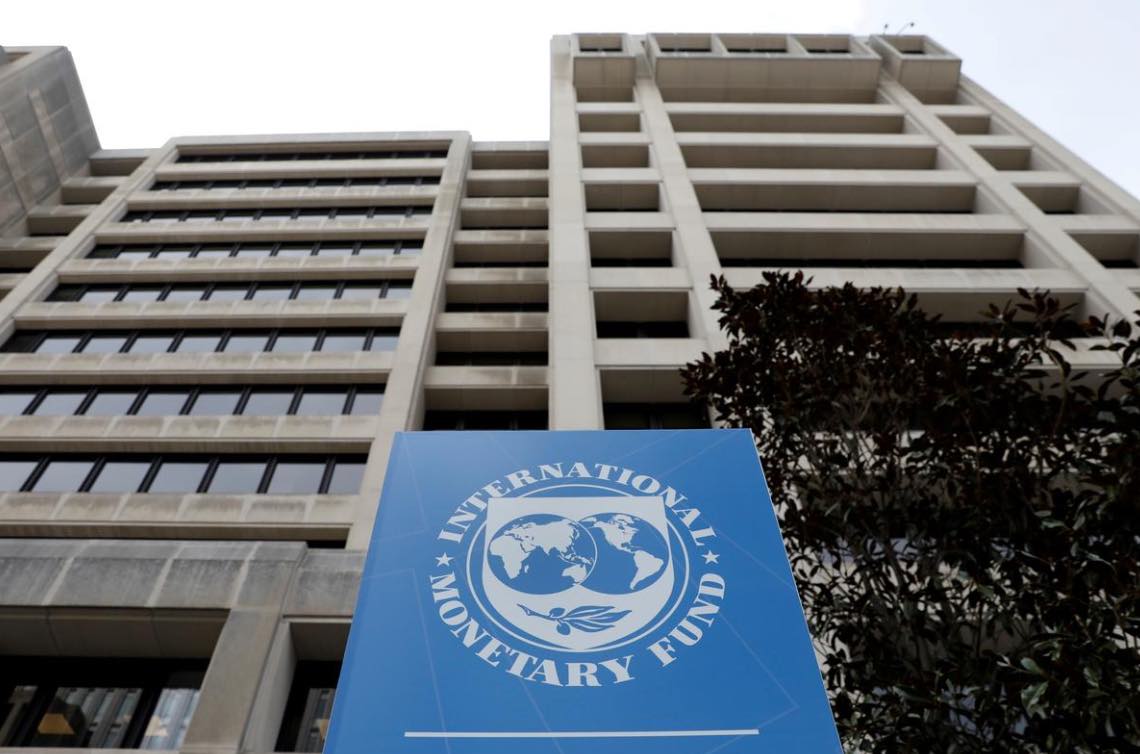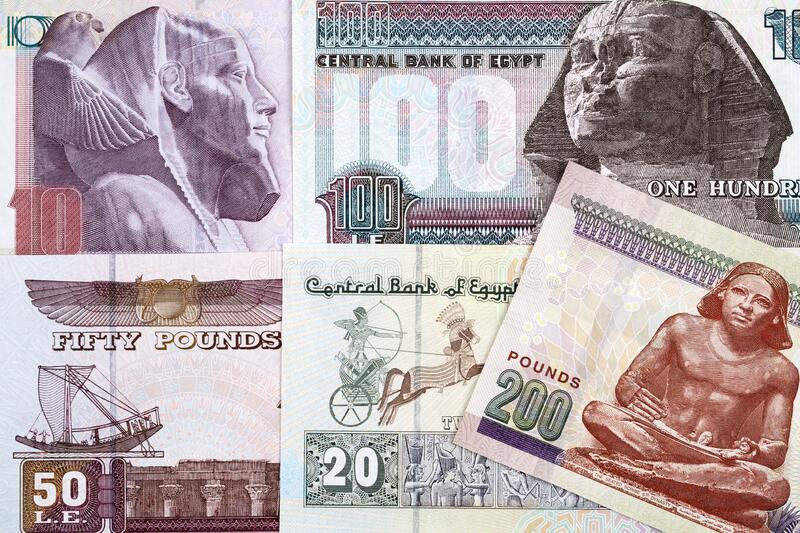The International Monetary Fund said on Friday that exchange rate flexibility is important for Egypt.
“In the past, a heavily managed exchange rate has not served Egypt well. It has led to periods of building imbalances, which in turn, have led to the loss of central and commercial bank foreign currency assets, rationing of foreign currency, forcing the central bank to abruptly devalue the Egyptian pound relative to other currencies,” the IMF said in a statement.
These devaluations have led to spikes in inflation and undermined economic activity as consumers and investors lose confidence in the health of the Egyptian economy.
The objective of policies under the fund-supported program is, therefore, for the value of the Egyptian pound to be determined freely against other currencies (i.e., establish a flexible exchange rate), which would avoid the build-up of a chronic imbalances in the demand for and supply of foreign currency in Egypt and preserve the FX reserves of the central bank, it added.
Under this framework, one would observe two-way movements in the exchange rate, as it appreciates or depreciates in line with economic conditions.
Flexibility in the exchange rate would bring several benefits, the IMF said.
The IMF explained that it would help Egypt’s domestic economy adjust more smoothly to external shocks, support the ability of Egyptian businesses to sell their goods and services abroad, and encourage greater investment by reducing the likelihood of large abrupt changes in the exchange rate.
In addition, it would help preserve the financial buffers of the central bank.
IMF approves 46-month arrangement
The IMF Executive Board on Friday approved a 46-month arrangement under the Extended Fund Facility (EFF) for Egypt in an amount of about three billion dollars.
Egypt’s IMF-supported program presents a comprehensive policy package to preserve macroeconomic stability, restore buffers, and pave the way for inclusive and private-sector-led growth.
The package includes a durable shift to a flexible exchange rate regime, monetary policy aimed at gradually reducing inflation, fiscal consolidation to ensure downward public debt trajectory while enhancing social safety nets to protect the vulnerable, and wide-ranging structural reforms to reduce the state footprint and strengthen governance and transparency.




